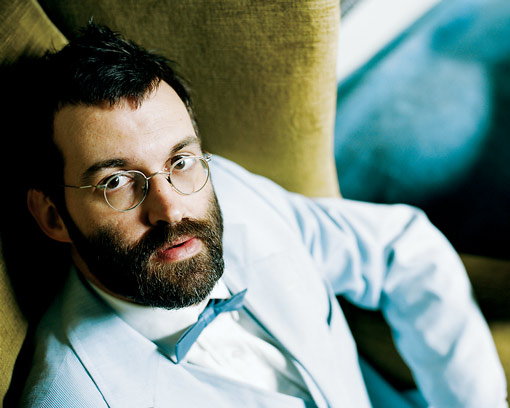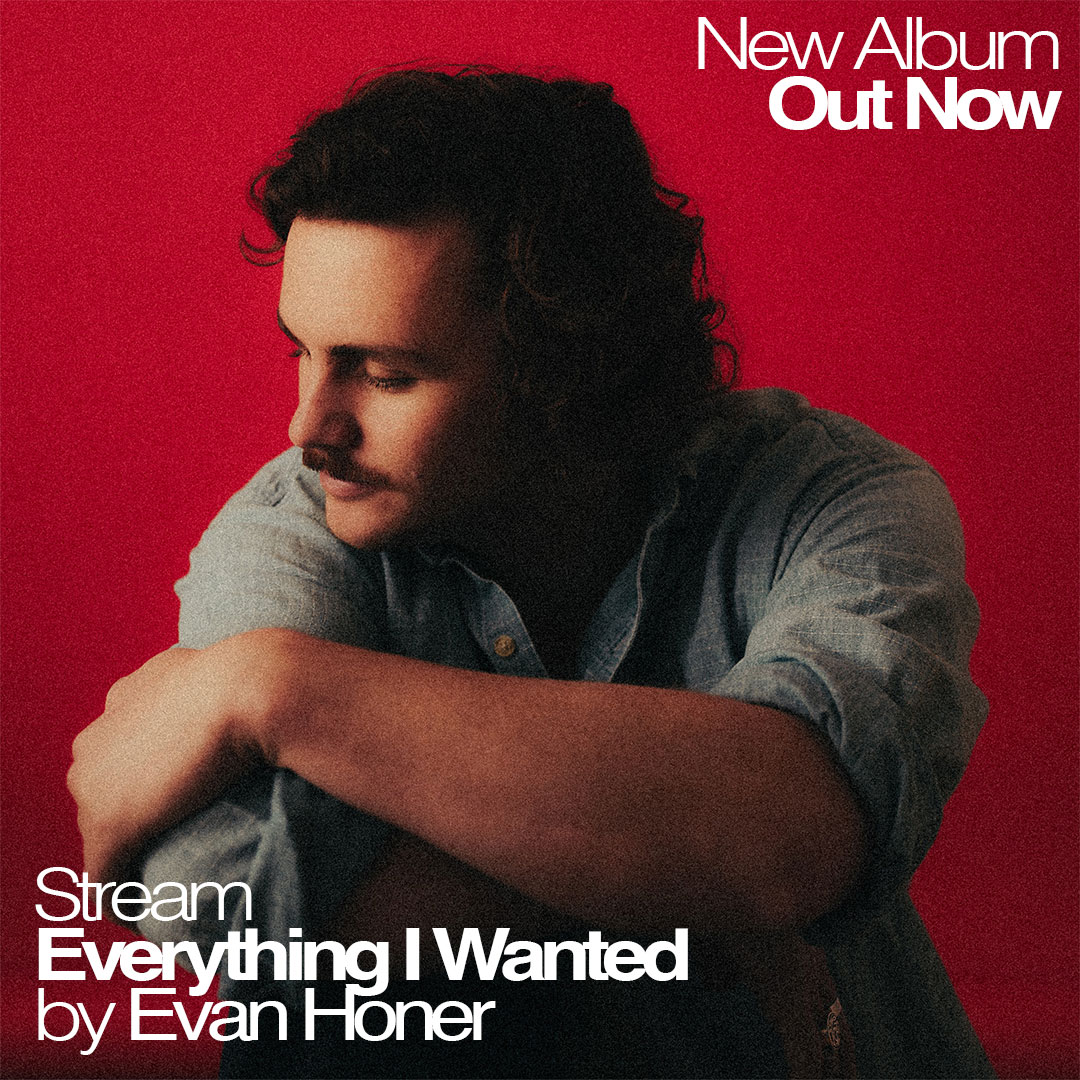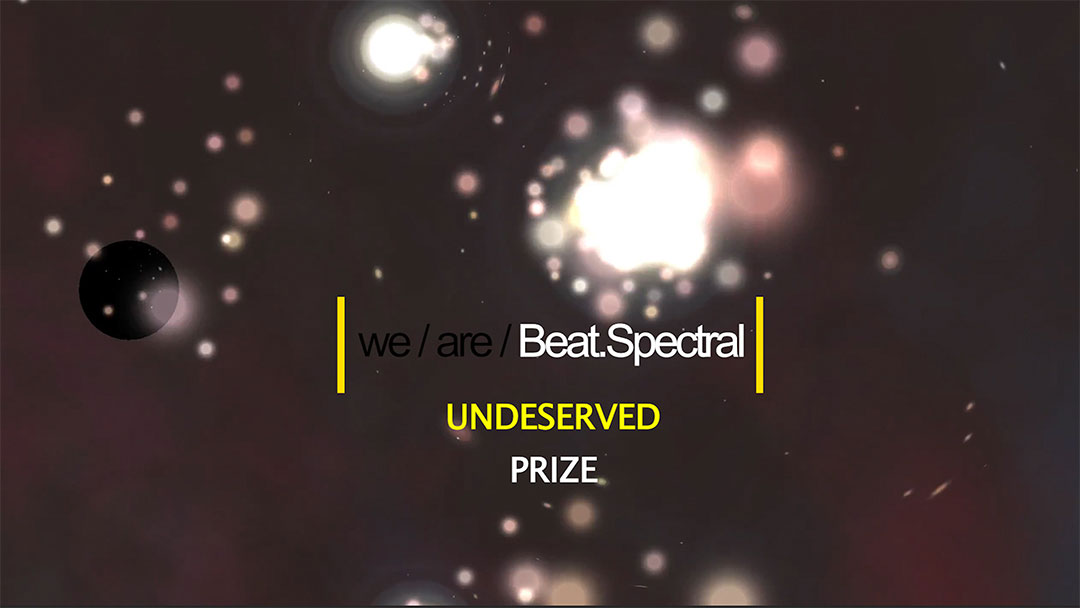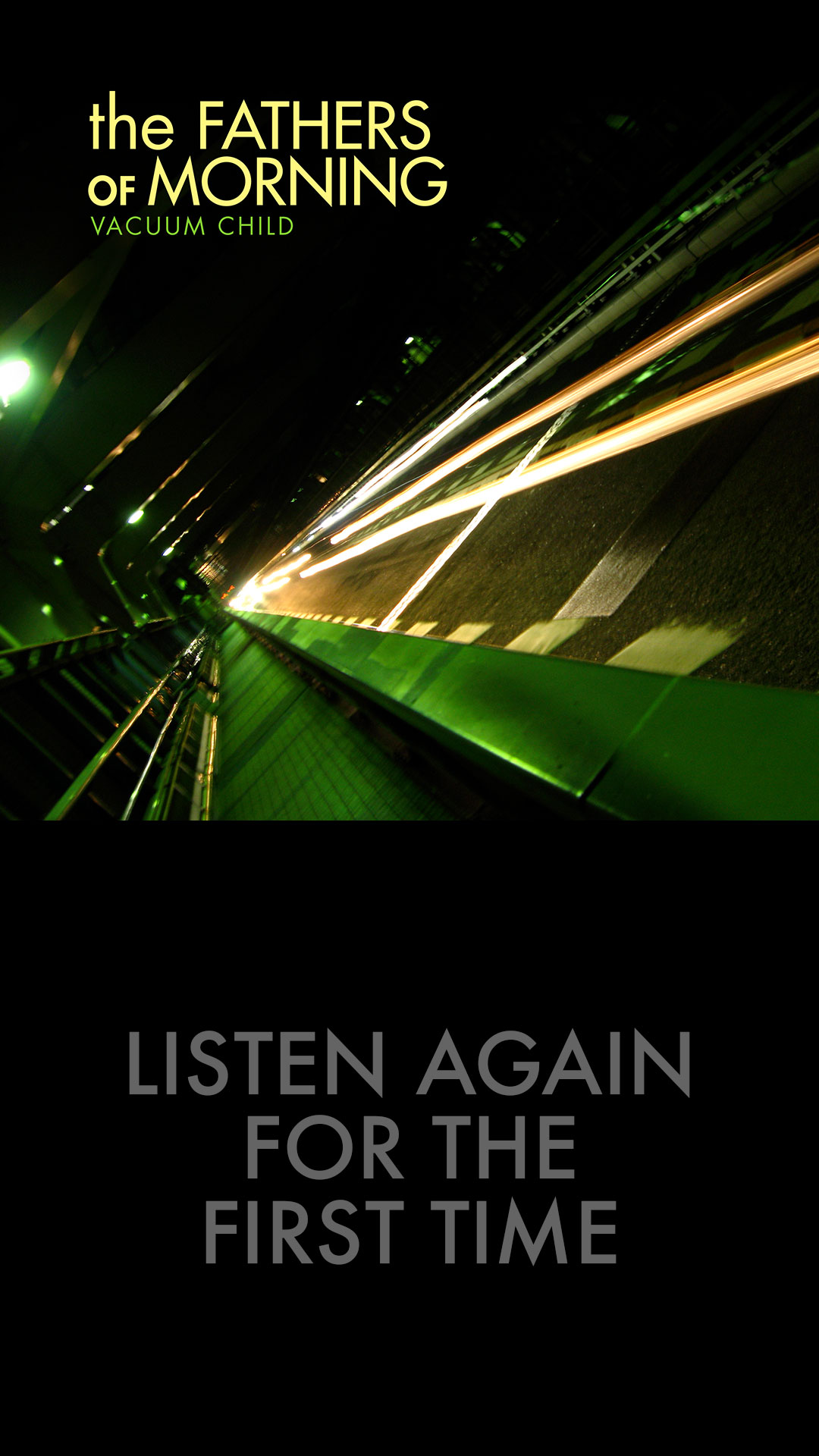
As the old blues chestnut insists, if it wasn’t for bad luck, eels’ Mark Oliver Everett (better known by his monosyllabic moniker, E) wouldn’t have no luck at all. Having lost his father as a teenager, the Virginia native made his way to Los Angeles in the ’80s, releasing a few underheard solo albums before unexpectedly hitting it big with the quirky alterna-anthem “Novocaine For The Soul” in 1996. Then the loss came in waves: Everett’s sister, who had battled schizophrenia most of her life, committed suicide later that year, and in 1998 his mother died of lung cancer. (Moreover, Everett’s cousin was a flight attendant on the plane that crashed into the Pentagon on Sept. 11, 2001.) eels are commemorating a decade’s worth of work with the best-of Meet The Eels Essential Eels Vol. 1 and its odds-and-sods companion piece, Useless Trinkets (both on Geffen/Universal), which document Everett’s struggle to retain his humanity and humor in the face of insurmountable sorrow.
You’ve got your greatest-hits album, the rarities companion piece and a memoir. What made this a logical time to take stock of things?
There’s also the film about my father that I made (Parallel Worlds, Parallel Lives, about quantum physicist Hugh Everett III). It’s all been a big retrospective period for me, which is weird, because I’m the kind of person that only ever likes to look forward, never likes to look back. But that’s actually what appealed to me about all this retrospective stuff: It made me feel uncomfortable, which for me is usually an indication that there’s something there that I should deal with. It also appeals to me in the sense of clearing the decks, so I can get back to the future. It’s a good time; 10 years of eels music, a good time to deal with all the issues of my family, my father. People are finally paying attention to him after 50 years. When I wrote the book (Everett’s memoir, Things The Grandchildren Should Know, was recently published in the U.K.), it was really hard to write. It took me years and was probably the hardest project I’ve ever taken on. But when it was done and they sent me an advance copy of it, it was this great feeling of, “Ah, all these years, wrapped up in this nice little package.” It really felt like a weight was off my shoulders.
When I hear things that make me uncomfortable, that’s a place to go toward rather than away from. It’s trying to tell you something.
From my point of view, it would be difficult to make a record that was more positive than Electro-shock Blues. It was insanely positive because it was dealing with such difficult stuff and trying to get to a light at the end of the tunnel. What’s more positive than that, you know?
Tell me about the rediscovery of your father’s body of work. For a lot of people, the notion of “many worlds” or “quantum immortality” is pretty esoteric stuff. How did you decide to get involved in the film project? Did you learn anything about him that you were surprised to find out?
Making this film with the BBC was a really emotional experience for me, the most unusual thing I’ve ever been part of: part science show, part family drama. I learned a lot about his theory, which is a really complicated thing. It’s shocking to me that I even have the capacity to understand it. I spent a week at Princeton with physics professors teaching me basic physics—it was pretty hilarious. I got to meet his Princeton roommates who are still alive, went around the country meeting people who knew him. I feel like I got a pretty good picture from all that. What propelled me through it all was the tragedy of his life. This 24-year-old kid came up with a theory of how everything works that was so mind-blowing, so ahead of its time, there weren’t even mathematical ways to check it out back then. But there are now, and it all checks out, which is probably the most mind-blowing part about it. He was literally 50 years ahead of his time. But it ruined his life, because Einstein and Niels Bohr, the most famous physicists of their time, weren’t about to have their faces knocked off the Mount Rushmore of physics by this 24-year-old kid, so they squashed it. And so my dad gave up. It must be the loneliest feeling in the world to be the smartest guy in the room and have to keep your mouth shut. And yet he never stopped believing in his theory; he knew he was onto something.
The downside of genius, as they say. Brilliant people often lead lives of intense loneliness and desperation, longing to be understood.
It’s like in Broadcast News, when Holly Hunter’s character—the “smart one” of the cast—is at a party, and she’s had an argument with her producer. He says, “It must be nice to always be the smartest person in the room.” And she replies, “No, it’s not. It’s terrible.” That was my father’s life, in a nutshell. [The documentary] aired on BBC in November, but I don’t know what the plans are for America. Hopefully it will show up on YouTube or something. It’s really well done, a very unusual film.
Did it give you any ideas for things that might apply to eels in the future, as music increasingly becomes a multi-media affair?
There’s always the possibilities for film stuff with us. Who knows?
What’s your take on the music industry right now? From your perspective, how wrecked is the business model?
At this point I haven’t any idea and would say I’m just watching the dust settle. I’m probably the wrong guy to ask. It’s a mess, huh? For me, I’m just so amazed that people are listening and so grateful anyone cares, I don’t think too far beyond that.
You’ve been really forthright about personal loss in your music. Is there a community of eels fans that have located your music exclusively because of this?
You do get a lot of mail that’s often quite touching from people who’ve been in similar situations. It’s great when you make something that’s primarily about serving your own purposes, and then this byproduct comes along in terms of being able to help people in some way. It’s really just the best feeling, you know? Especially when you weren’t expecting for it to ever happen.
Well, it’s the whole notion of being honest enough about an experience that it creates the universality required to touch someone else emotionally, right?
I totally agree with that, yeah. And that’s great, I don’t even know what to say about that. I guess that’s what I sit down to do. I’m something of an unusual case, in that I’m someone who has a really fragile, sensitive kid stuck inside of me that I keep under lock and key, and I only let it out when I decide to write a song. I try to peel away the layers of the onion to see what’s underneath.
Let’s talk about cover songs. Some of your choices on the rarities collection are really inspired, and some seem to come from out of left field. Prince’s “If I Was Your Girlfriend,” Missy Elliott’s “Get Ur Freak On,” stuff from Daniel Johnston. Is this how you declare your fanhood, as the saying goes?
Yeah, it’s only out of the sense of really being a fan. People sometimes think “Get Ur Freak On” is supposed to be ironic, or it’s a joke. But I love that song. From the very first time I heard it on the radio, it was the coolest, spookiest-sounding thing I’d ever heard. I just wanted to make our own version of it. It’s on the level. There’s nothing ironic about it.
Did I read somewhere that you’d done a show recently in L.A. with Pete Townshend and Billy Corgan? How did that happen?
Well, Pete asked me to play, and when Pete Townshend asks you to do something, you generally tend to do it. [Laughs] I actually suggested two of his songs to play. I was talking with his assistant and didn’t realize how nervy it was to even make a suggestion. She told me, “Usually he decides which songs to play.” But then she told him what I wanted to play and he said it would be fantastic: “The Kids Are Alright” and “Let My Love Open The Door.” I got to sit on the stage, just me and Pete, singing “The Kids Are Alright.” That was something else. Billy did his own thing, and we all sang together at the very end. [We sang] “I’m One” from Quadrophenia. Kind of an ironic song to have everyone join in on, when it’s about being “one.”
Your dog, Bobby Jr, has played a pretty pivotal role in eels, at least visually. He’s on album covers, he’s done vocals on the records, he has his own microsite. Was this an intentional thing or did it just evolve over time?
He’s actually sitting right here beside me as we speak. When we first brought Bobby home from the pound, I knew he was the cutest dog I’d ever seen but I had no idea how talented he was. And then a couple months later, when we were in the middle of recording a song on the Blinking Lights album, he burst into the studio and started singing. And we didn’t even know he did that, until that moment. We all looked at each other, that magic moment when a star is born, and grabbed some headphones for him and put the microphone up. And there it was. Now it’s great, because he’s a star in his own right, has his own merchandise line. He’s paid for his dog food for life, basically. He’s a working member of the family. Another thing that makes him sing besides eels music is sirens. We’ll go out to breakfast some mornings, fire trucks will roll by, he’ll start performing, and by the end of it the entire restaurant will be applauding. Sometimes when I walk him people will come up and are excited about meeting him. I’m just his walker.
Writing a memoir is a very different skill than writing songs. Were you thinking to yourself, “Please don’t let this be A Million Little Pieces?” Or were there any memoirs that served as a template for what you were trying to do?
Totally, totally. I should preface this by saying that I know it’s pretty nervy to write your life’s story when you’re [44 years old]. But I’d had friends who’d been trying to talk me into writing it for years and were convinced it would make a good book. It’s chock-full of drama. [Laughs] But I did have a specific idea. In the first chapter, I even spell out and address the issue of how the book is being written. I didn’t want it to be flowery and poetic. I imagined it would be some person, any person, a friend, sitting at the kitchen table, talking. Spoken, not written. Although I did write it, not speak it.
You’ve talked or written about the trouble of your youth. How did those events shape what came later? Or did they?
I’m really grateful that I did all that shit early in my life. I was an early bloomer as far as trouble goes. Doing crazy stuff when I was 11 and 12 years old. I’d quit all of it by the time I was 15, which is different than a lot of people, who get into trouble in their 20s and have their lives ruined because of it. Forever. I got scared straight. I was really scared by my brushes with the law, going to court when you’re 14, having judges say stuff about going to jail. It all scares the shit out of a kid. And I’m grateful for that, because I decided to be an upstanding citizen at that point.
So what landed you in the most hot water, among the checklist items in your brief life of crime?
I got arrested for stealing my parents’ car. I was only 14, so I got charged for driving without a license. For running a red light, too. And they caught me at four in the morning, so it was outside of curfew, too.
Are there any artists you’re dying to work with at this point in your career? Collaborations you’re seeking, a new direction for eels you haven’t explored yet?
I sure do enjoy that new PJ Harvey record produced by my friend John Parish. It’s one of those records where one of the greatest compliments you can feel as an artist is sheer jealousy. [Laughs] I listen to it and I’m like, “Fuck.” You know?
Have you heard the Robert Plant/Alison Krauss duets album? I was shocked at how little it sounded like Plant or Led Zeppelin.
No. I’m always open to crazy, new ideas. That’s what excited me about the BBC project. Most of them are ideas that just don’t pan out for one reason or another. But occasionally you’ll hear one that sounds like a fun adventure. It’ll take you to a place you never could have gotten to on your own.
Speaking of places never gotten to, do you feel like you can subscribe to your father’s Many Worlds theory? When you were learning about it, did it change your theory of the world, or the afterlife?
There’s actually a term—“Ever-readyan”—that applies to physicists who subscribe to his theory. I’m somewhat impartial, so I do consider myself an “Ever-readyan.” It’s hard to wrap your brain around or fully understand it. To really understand it is to know that it can’t ever truly be observed by us, as humans. It’s hard to believe something you can’t see. But it makes sense to me. I also went into the Pentagon, where my father worked, as we finished the film. Who knew that security was so lax that I could get into the Pentagon?
Is it as spooky a place as it seems from outside?
During the Souljacker tour, I just happened to have a short haircut and long, dark beard and was singled out at every security checkpoint. I know I’m on some lists. And I got into the Pentagon, so that kind of scares me.
Didn’t you lose a cousin on 9/11 at the Pentagon?
Yes, and when we were there with the BBC I was standing directly in the spot where that happened. Totally traumatic. My life is crazy, isn’t it?
But it makes for great reading, presumably.
But my life is so great now because of all that stuff. I’m able to appreciate all the good things now, and I refuse to be bitter about my life because I can sink my teeth into the good times precisely because of all the rotten times.
That’s Warren Zevon’s thing: “Enjoy every sandwich.”
Right, right. I’m just trying to enjoy my goddamned sandwich here. I would also like to take this opportunity to dispel the rumor here that began about 15 years ago that I once had a gerbil stuck up my ass. It never happened.
Duly noted, E. We’re happy to help you out.
Thank you.
—Corey duBrowa














